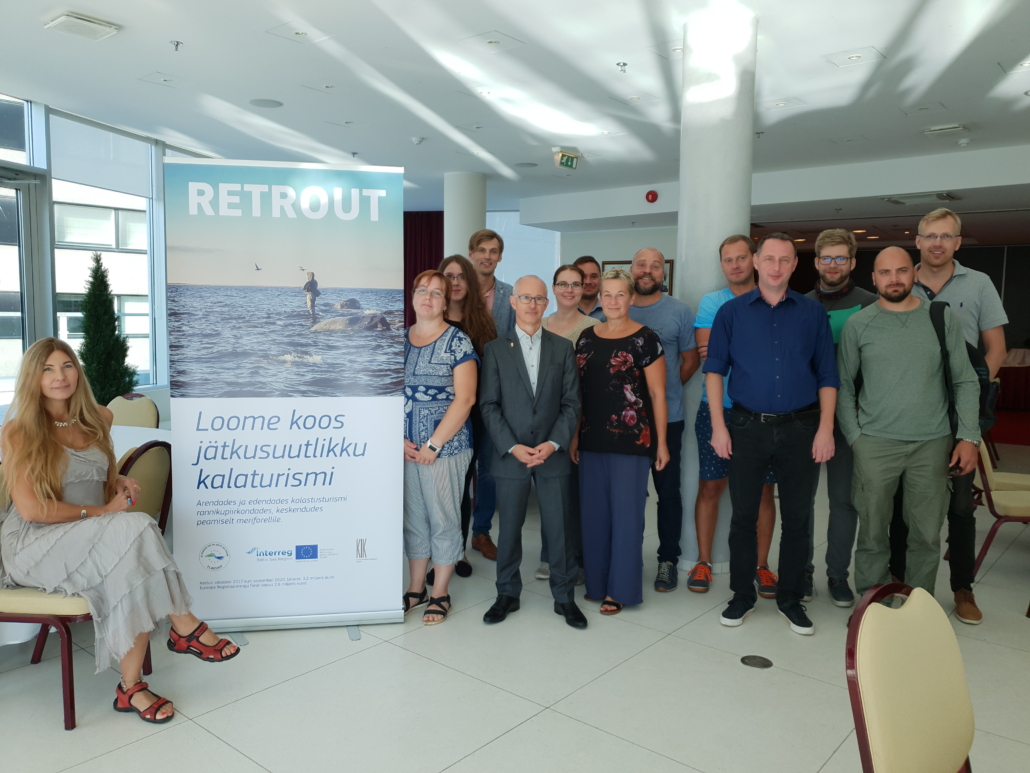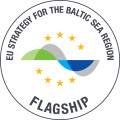Policy reform studies and dialogue
A main goal for RETROUT is to create a pan-Baltic network for fishing tourism, that will use sustainable methods and boost the local economy. The sea trout has the potential to prolong the tourism season due to the fact it is fished in the spring and autumn. The project wants to verify the financial potential a sea trout fishing has if it is done ethically and create a strategic plan for coastal fishing tourism.
Peer Learning Network for fishing tourism
Peer Learning Network for fishing tourism
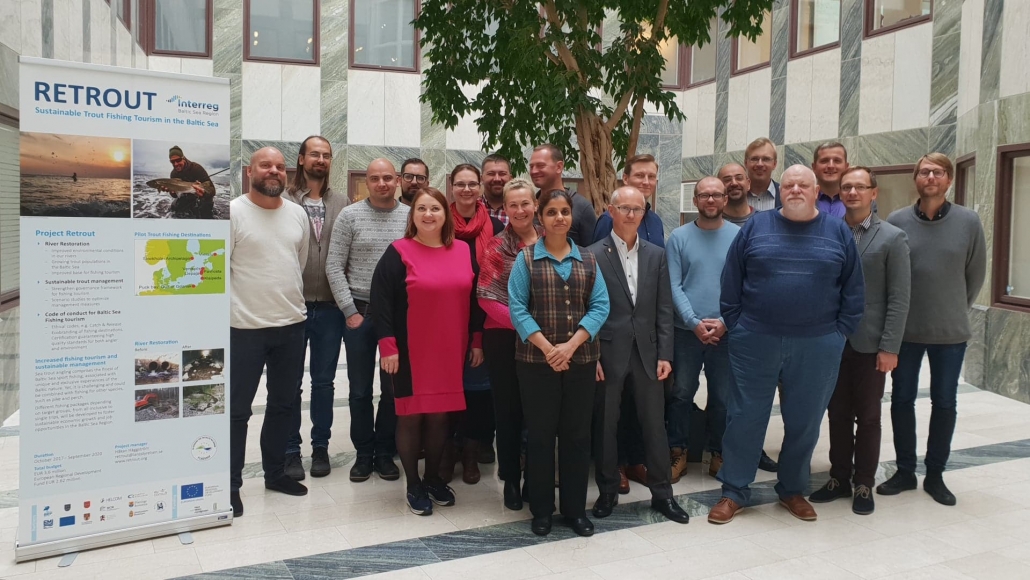
The key focus of this section is to develop a peer learning network for fishing tourism in the Baltic Sea and organise national and pan-Baltic meetings, it will constitute a dialogue platform to foster multi-sectoral dialogues on management and policymaking. The aim of the network is to provide a platform and deliver several basin wide learning experiences related to the common goal to utilize the potential of coastal fishing tourism. It will provide opportunity for transnational policy dialogue and synchronisation in the interpretation of EU regulation. This will bring together managing authorities, experts, enterprises associations and interest groups and the Fisheries Local Action Groups established under the European Maritime and Fisheries Fund.
Ethical Code of Conduct
Ethical Code of Conduct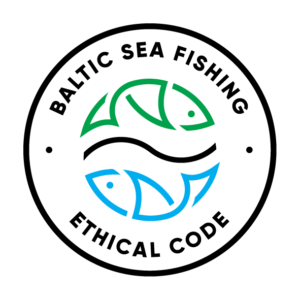
The project will deliver a proposal for an ethical code of conduct for sea trout fishing guides including sustainability criteria and governing framework. The focus of this thematic networking area is to develop and institutionalise an ethical code of conduct for fishing guides and sport fishing service providers where sea trout is the targeted species. This is a central part of the eco-brand and will include rules for handling the fish such as catch and release fishing, catch limits, barbless hooks, careful handling of the fish and rules for boat handling such as environmentally friendly alternatives of engine and fuel, careful boat handling to avoid disturbance of surrounding bird- and wildlife, respecting protected areas, etc.
Verify the economic contribution of coastal fishing tourism
Verify 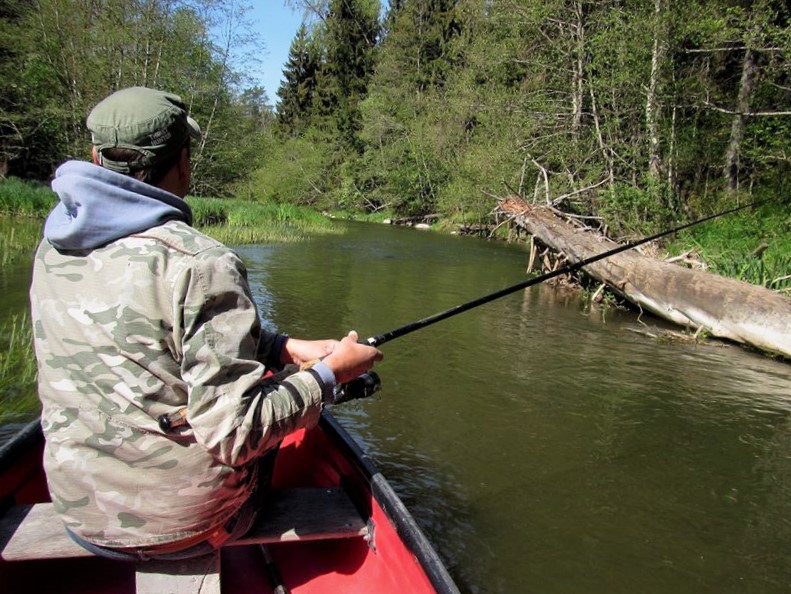 the economic contribution of coastal fishing tourism
the economic contribution of coastal fishing tourism
RETROUT will deliver a report illustrating the contribution of coastal fishing tourism to the local and regional economy. It constitutes the first transnational economic impact study of the coastal fishing tourism sector. Anglers tend to invest a great deal in their interest area and travel arrangements. The report will present information on core economic monitoring indicators such as number of visitors, gross value, number of service providers and employment. The resulting data will be used as a basis to increase the awareness of the importance for policy dialogue. National studies will be undertaken based on a common approach. The national studies will be subject to peer-review by the WP Reference Group and the final data will be compiled into a transnational economic impact study.
Prepare Strategic Action Plan for fishing tourism
Prepare Strategic Action Plan for fishing tourism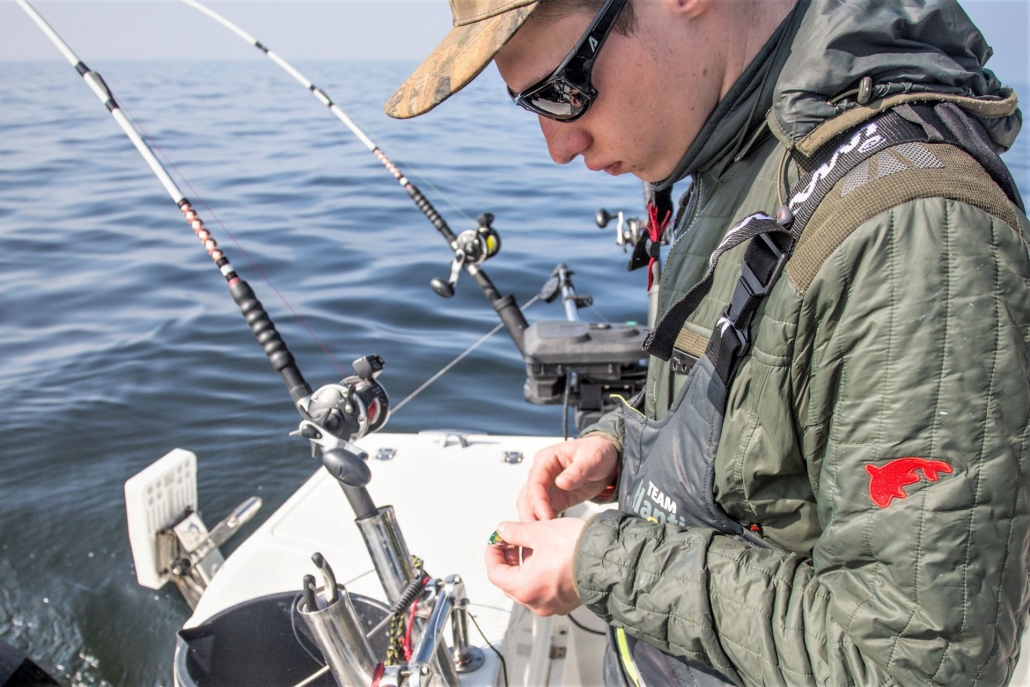
The objective is to prepare a strategic transnational action plan for coastal fishing tourism and sport fishing in the Baltic Sea region. The target groups for the project share similar challenges, this plan is to increase growth and jobs in the coastal fishing tourism sector. The action plan will present the base line situation, identified key limitations and opportunities and strategic development actions for fishing tourism and sport fishing. Including recommendations of the most efficient policy and legal framework to foster growth of the coastal fishing tourism industry.

